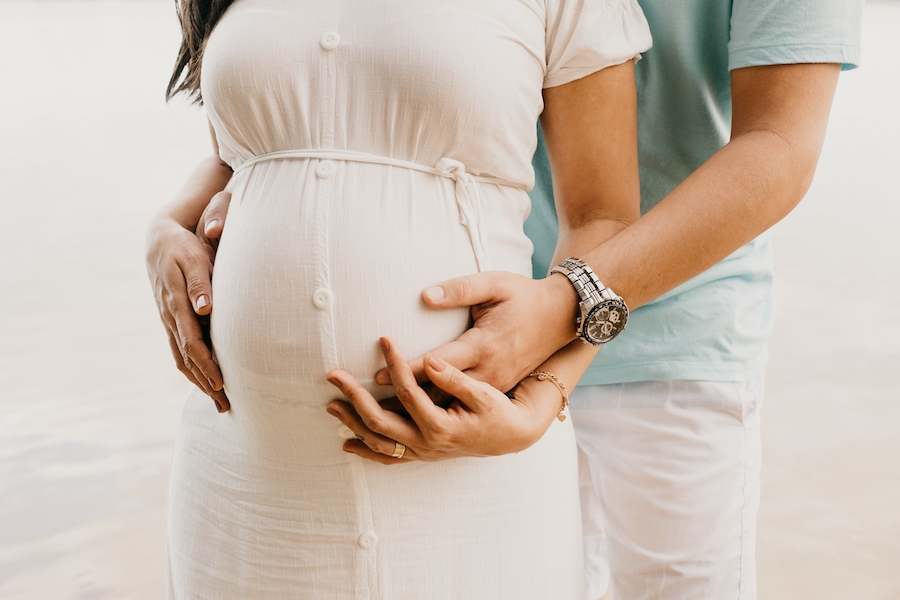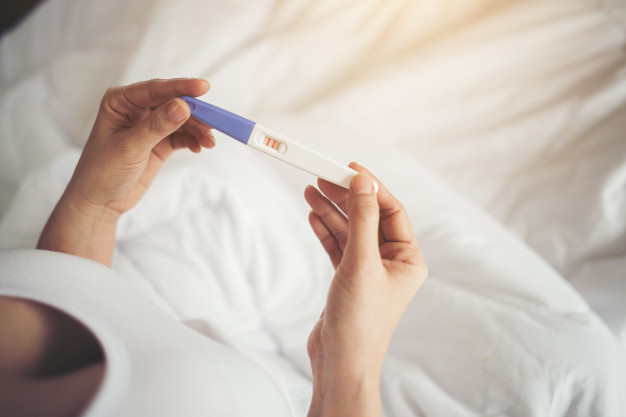Introduction:
In the realm of reproductive science, In Vitro Fertilization (IVF) has become a
groundbreaking solution for couples facing fertility challenges.
As a scientist delving into the nuances of reproductive biology, it is crucial to understand
and articulate the disparities between an IVF pregnancy and a conventional, non-IVF
pregnancy.
This article aims to shed light on the key differences, providing valuable insights for both
professionals in the field and individuals navigating their reproductive journeys.
Origins of Conception:
IVF Pregnancy:
In an IVF pregnancy, conception occurs outside the body in a laboratory setting.
Fertilization takes place by combining an egg and sperm in a petri dish, after which the
fertilized embryo is transferred to the uterus.
Non-IVF Pregnancy:
In a non-IVF pregnancy, conception occurs naturally within the female reproductive
system.
The sperm fertilizes the egg in the fallopian tube, forming a zygote that travels to the
uterus and implants into the uterine lining.
Controlled Environment vs. Natural Processes:
IVF Pregnancy:
IVF provides a controlled environment for conception and early embryo development.
Hormonal medications are often used to stimulate the ovaries to produce multiple eggs,
allowing for a higher chance of successful fertilization.
Non-IVF Pregnancy:
Non-IVF pregnancies rely on the natural hormonal fluctuations of the menstrual cycle.
There is no external manipulation of reproductive processes, and conception occurs
through natural hormonal cues and timing.
Embryo Selection and Transfer:
IVF Pregnancy:
In IVF, multiple embryos may be created, and the healthiest one(s) are selected for
transfer to the uterus.
This enables the assessment of genetic factors and minimizes the risk of certain
hereditary conditions.
Non-IVF Pregnancy:
In a non-IVF pregnancy, there is no option for pre-implantation genetic testing or embryo
selection.
The natural process determines the genetic makeup of the embryo.
Success Rates and Challenges:
IVF Pregnancy:
IVF success rates can vary based on factors such as maternal age, reproductive health,
and the number of embryos transferred.
The procedure may require multiple attempts before achieving a successful pregnancy.
Non-IVF Pregnancy:
Non-IVF pregnancies can also face challenges, including age-related fertility decline,
hormonal imbalances, and structural issues within the reproductive system.
Success is influenced by natural fertility factors.
Emotional and Psychological Aspects:
IVF Pregnancy:
The IVF journey can be emotionally challenging due to the intensive medical interventions
involved.
Couples may experience stress, anxiety, and a range of emotions during the process.
Non-IVF Pregnancy:
Non-IVF pregnancies, while subject to their own set of emotional challenges, unfold more
in alignment with natural biological processes, potentially resulting in a different emotional
experience for the parents-to-be.
Conclusion:
In navigating the intricacies of reproductive science, understanding the distinctions
between IVF and non-IVF pregnancies is paramount.
Whether assisting patients through assisted reproductive technologies or conducting
research in reproductive biology, recognizing these differences contributes to a
comprehensive comprehension of human reproduction.
As science continues to advance, bridging the gap between assisted and natural
conception remains a pivotal aspect of reproductive medicine.











